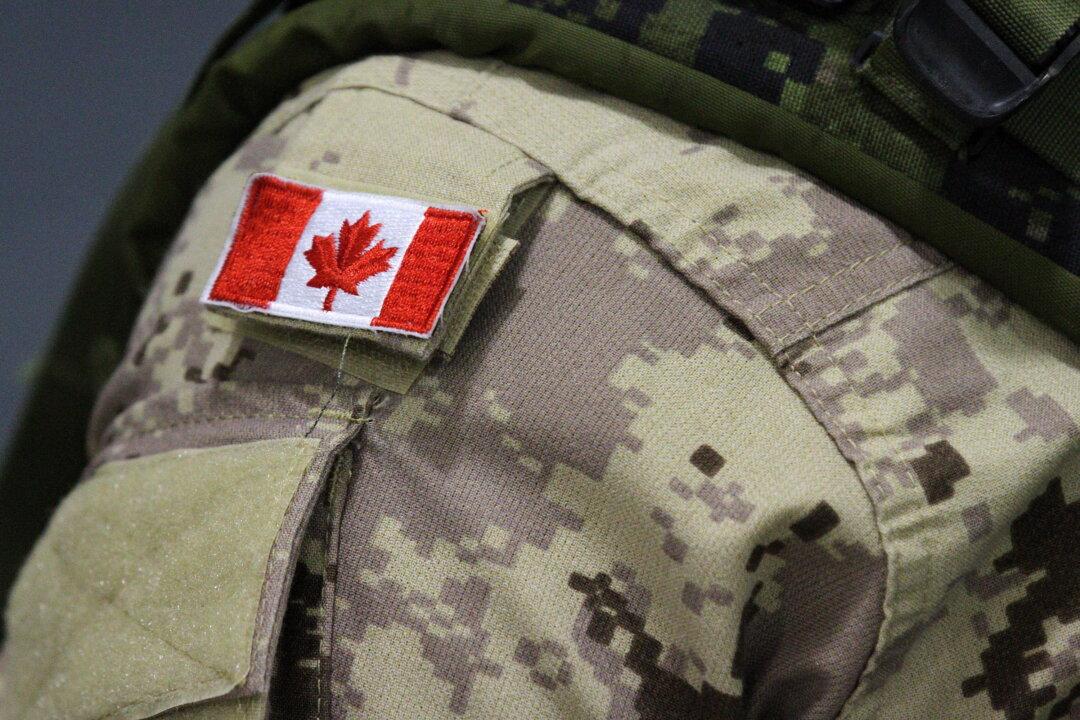The warning and probation measures previously levied by the Canadian Armed Forces (CAF) against a military member for her refusal of the COVID-19 vaccine in 2021 were “unreasonable and unjustified,” an independent military administrative tribunal has ruled.
“The CAF vaccination policy was unreasonable because it was overly broad and disproportionate in its application,” wrote Nina Frid of the Military Grievances External Review Committee (MGERC) in a May 30 ruling.





